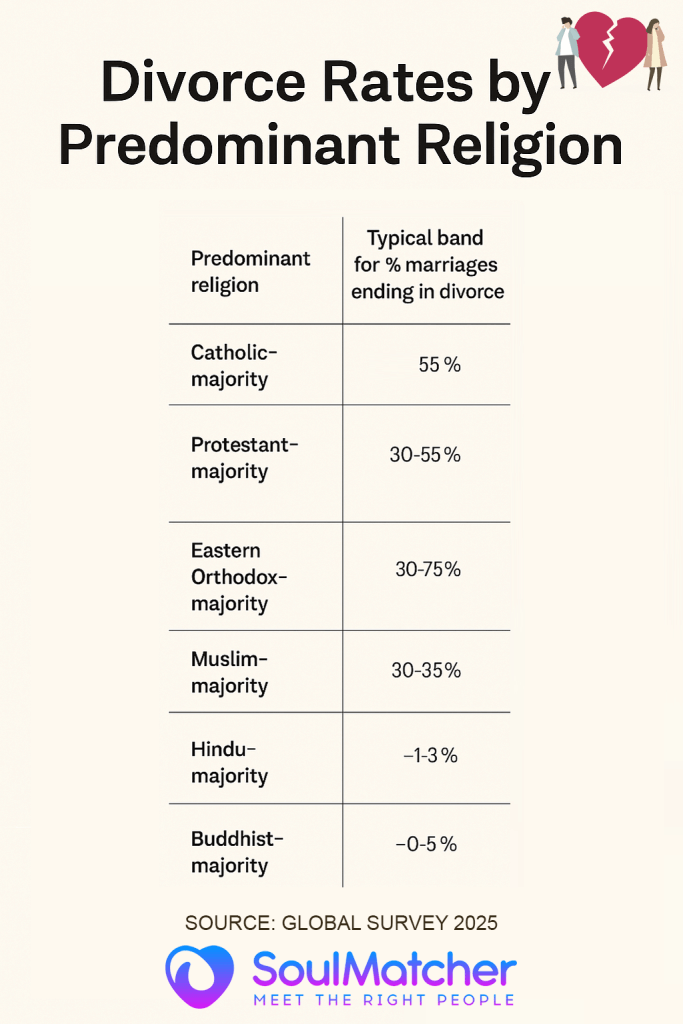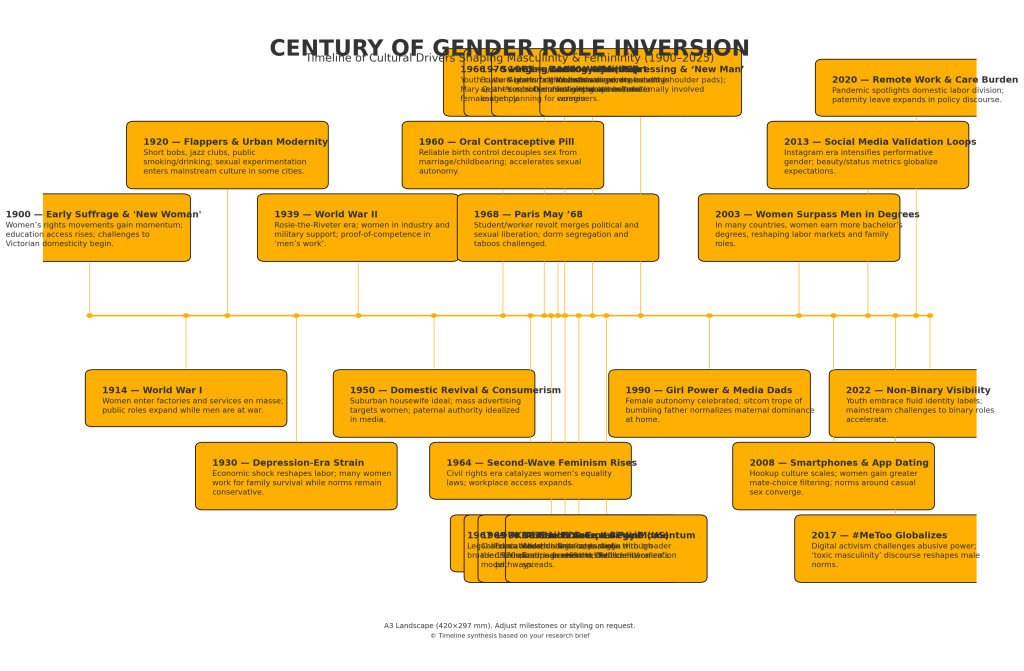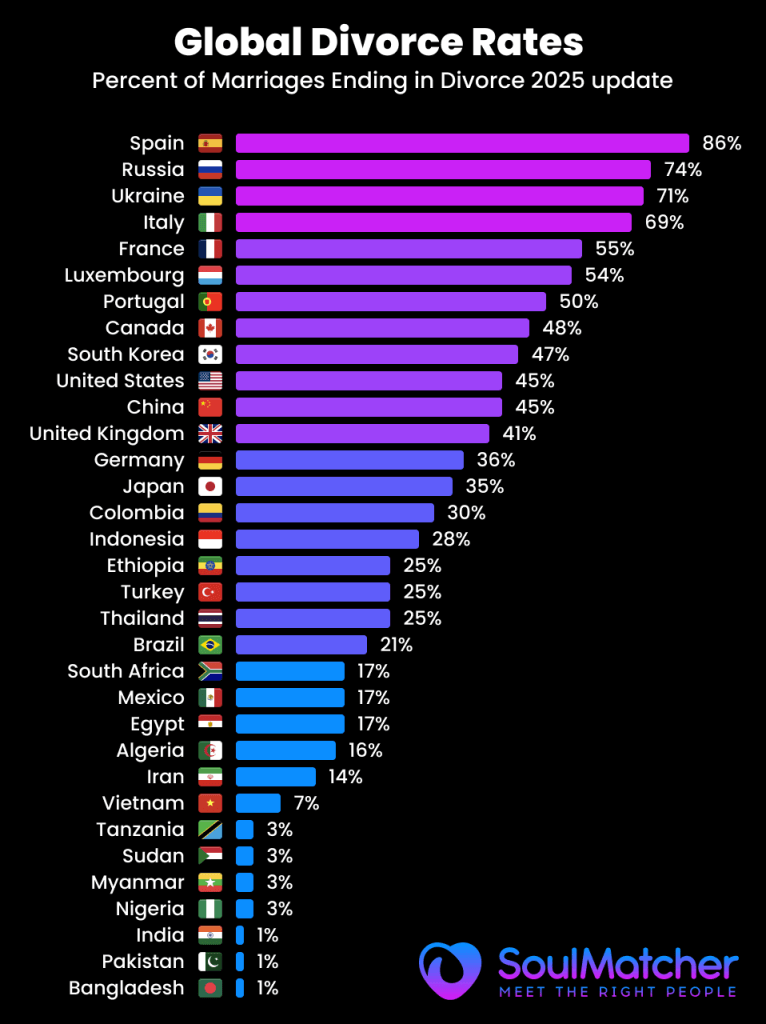
Escort Services vs. Regular Dating: What’s the Difference?
Introduction: When it comes to finding companionship or a romantic partner, there’s a big difference between escort services and regular dating. Simply put, one is a paid service while the other is a personal relationship pursuit. This article will explain the differences in clear terms – from who gets paid (and why) to how motivations and intentions differ. We’ll also touch on the various matchmaking services out there (like “image-based” matchmaking and professional matchmakers), and consider the legal and ethical side of things. By the end, you’ll understand how escorting is essentially a business transaction, whereas traditional dating is about emotional investment, not financial gain.
Money vs. Romance: The Key Distinction
At the heart of the difference is money. In an escort service, the companion (often called an escort) is paid for their time and company. There’s a direct economic transaction – a client pays a fee, and the escort (and their agency or agent) earns that money. For example, a scenario described in the transcript shows an escort assignment priced at $1,000, where about 30% goes to the arranging agent and 70% to the escort herself. In that case, the escort (the woman providing the company) takes home $700, meaning she has a clear financial stake in the encounter. This “material interest” – the fact that the companion is profiting from the date – is a hallmark of an escort service.
In regular dating, by contrast, no one is getting paid to be there. If you ask someone out to dinner or meet a partner through a dating app or a friend, there’s no fee for the person’s time (beyond the normal costs of the date like dinner or movie tickets). Neither party is financially compensated for being in the relationship. Any money spent (gifts, dates, etc.) is incidental and not a wage. The reward in traditional dating is emotional – things like affection, companionship, love, and mutual support – rather than monetary. In other words, an escort date is a business arrangement, whereas a regular date is a personal relationship with no profit motive.
Types of Matchmaking and Dating Services
It’s not just black-and-white between escorting and casual dating – there are a few types of services in between. The transcript outlines several matchmaking/dating models and how payments are handled in each:
- Escort Services (Paid Companionship): This is the most straightforward paid model. A client pays a fee for an escort’s time. Part of the fee usually goes to an agency or agent as commission, and the rest goes to the escort providing the service. As mentioned, the escort has a material interest because she or he is earning money from the meeting. The payment is essentially for companionship (and sometimes implicitly for intimacy), and it’s understood as a commercial service. Because it’s paid, the escort’s motivation is at least partly financial – it’s a job. The client, on the other hand, is paying to have a pleasurable or enjoyable experience. This setup is clearly transactional: money in exchange for company. If no money were involved, it wouldn’t be escorting.
- “Image-Based” Matchmaking (Paid Dates for Image): The transcript describes a middle-ground service referred to as “Image”, which translates to something like “image acquaintance” or image-based dating. In this scenario, a date or introduction is arranged by a service for a fee, and the person being introduced (for example, an attractive woman accompanying a client to an event) receives a portion of that fee. It’s somewhat similar to an escort arrangement, though often framed as paying for a date to maintain a certain image or status (for instance, hiring a companion to attend a function or to be seen with you). An example given is a contract costing 30,000 rubles, split 50/50 between the agent and the female companion – so the woman gets 15,000 rubles as compensation for that date. Like an escort, the companion here has a financial incentive (she’s getting paid), though the arrangement might be presented as a one-time date or social outing rather than a typical escort “service.” The key point is that money still changes hands for the introduction. This means the motivation of the paid party includes earning that fee. They are likely expected to uphold the client’s “image” (e.g. being charming, presentable, the ideal date for the occasion) in exchange for payment. It’s a transactional arrangement, just maybe less explicit than escorting, and possibly without any intimacy implied beyond the social outing.
- Professional Matchmaking (Traditional Dating with No Pay-to-Date): The third model is what we’d consider ordinary dating, facilitated by professionals. Here, none of the people going on the date are being paid to be there. Instead, any money exchanged is between clients and the matchmaking service or agents, not between the two people meeting each other. In the transcript’s example of a “настоящее знакомство” (real acquaintance), the payment for the service is split between matchmakers or agents, and “the performer of the service receives nothing” for the date. In other words, the man or woman who is being set up on the date isn’t earning money from it – their “interest is in creating future good, strong relationships”. This is how most traditional dating agencies or matchmakers operate: clients pay the matchmaker for their help in finding a compatible partner, but the people who go on the date are genuinely interested in a relationship rather than any fee. Sometimes, participants even pay membership fees or service fees themselves to be matched (they invest in finding love, rather than profit from it). The transcript notes that in such genuine matchmaking scenarios, the individuals might actually end up paying for the matchmaker’s services (for example, paying extra to the agency for additional help), meaning “the formula is reversed – instead of a person making money from the meeting, they are investing in it”. This underscores that **traditional dating is about personal investment (time, emotions, sometimes money spent on services or dates) but not about one person paying the other. Both people on the date are presumably on equal footing, each hoping for a positive personal connection. The only people making money are the matchmakers or the dating service employees who are doing a job (similar to how dating apps charge subscription fees, or matchmakers charge clients), but the daters themselves have no financial arrangement between them.
In summary, if you’re trying to tell what kind of scenario you’re looking at, a good question to ask is: Is one party here getting paid to date the other? If yes, it’s either escorting or some compensated dating service. If no, it’s regular dating (even if a professional matchmaker arranged it). The presence or absence of a financial transaction directly to the dating partner is the giveaway.
Motivations and Intentions: Emotional vs. Financial
Because of these financial differences, the motivations and intentions behind escort services versus regular dating can be very different. In an escort scenario, the escort is motivated at least in part by income – it’s a job, and providing a good experience is a professional obligation. The client’s intention might be to enjoy companionship, intimacy, or simply not being alone at an event, and they’re willing to pay for that experience. Both parties might be friendly and can even enjoy each other’s company genuinely, but ultimately, if money weren’t offered, the escort likely wouldn’t be there. The transactional nature influences the dynamic: the escort is typically focused on keeping the client satisfied (because it’s a service being rendered), and the client expects a certain level of service since they’re paying. There can be genuine human connection too, but the relationship is fundamentally contractual for the duration of the service.
In regular dating, the motivations are usually driven by personal interest – attraction, emotional connection, love, companionship, and so on. Neither person is being paid to show up or to act a certain way (beyond basic respect and care that any two people owe each other). If you go on a date with someone from a dating app, for instance, you’re both there out of mutual interest and curiosity, not because one of you is on the clock. This often means the intentions are (ideally) more genuine – each person is evaluating the other as a potential friend or partner, not as a client or source of income. Emotional investment is the currency in traditional dating. People invest time, effort, and feelings, hoping to build a real connection. When someone agrees to a second or third date, it’s because they want to, not because it’s stipulated by a contract or tied to a payment.
It’s worth noting that because no money is guaranteed in regular dating, honesty and mutual interest become very important. If one person isn’t enjoying the relationship, they can leave without any financial obligations. In contrast, in a paid arrangement, the escort will typically fulfill the agreed time/activity as long as the client isn’t violating boundaries, because that’s what’s been agreed upon. Regular dating can of course have mismatched intentions too (one person might be more serious than the other, etc.), but those intentions aren’t codified by a service agreement. Essentially, escort services are motivation by contract (money), while dating is motivated by personal desire for connection.
Financial incentives also influence how people present themselves. An escort or a paid date companion will likely be very accommodating and attentive – after all, providing a pleasant experience is part of the service being paid for. In regular dating, people certainly try to impress each other, but they are not beholden to the other in the same way. Each person knows the other is there by choice, so if one is disrespectful or uninterested, the date can simply end with no obligations. This dynamic often means that escorting can blur lines of authenticity (is the smile genuine or just good customer service?) whereas in dating, if someone smiles at you, you trust it’s because they really feel happy with you (not because you paid them to be there).
Another aspect is expectations. In an escort scenario, boundaries and expectations (what the escort will or won’t do) are often discussed upfront or established by the agency. It’s a clear business agreement. In regular dating, expectations evolve more organically and are negotiated through communication and consent as the relationship develops. No one is entitled to anything beyond what each is comfortable with, and there’s no financial leverage involved – it’s all about mutual consent and interest.
Legal and Ethical Considerations
Legality: The line between escort services and prostitution can be legally tricky, and laws vary widely by location. Generally, prostitution is defined as exchanging sexual acts for money and is illegal in most parts of the world (with some exceptions), whereas an escort service may operate legally if it is truly limited to companionship (non-sexual) or is structured in a way that complies with local laws. Different jurisdictions handle this differently. In some places, escort agencies are legal businesses (often requiring licenses) as long as no explicit sexual services are advertised; in other places, any form of paid sexual companionship is outlawed. For example, in parts of the United States, escorting (paid companionship) is legal under certain conditions, but prostitution is consistently illegal – essentially, “paying for sex means the client has already broken the law”. In California, an escort can get a license to offer purely social/companionship services for a fee, but if any sexual activity is involved, it crosses into illegal territory. The state monitors escort services and can penalize agencies if they are found to be fronts for prostitution. In contrast, regular dating is of course legal everywhere – it’s just people meeting by mutual choice, with no transaction involved.
On a global scale, the legal status of escorting and sex work ranges from fully legal and regulated in some countries to completely banned in others. Some countries or regions have legalized and regulated sex work (often with health checks, registration, etc.), while others criminalize the buying of sex, the selling of sex, or both. For instance, places like the Netherlands or some counties in Nevada (USA) have legal prostitution under strict regulations, whereas other places follow the “Nordic model” (criminalizing the buyer but not the seller of sex), and yet others outlaw it entirely. Escort services often operate in a gray area – they advertise companionship, not sex, to stay within the law, but authorities may still keep a close eye on them. The key legal point is consent and the nature of the service: consenting adults are free to date each other, but once money is explicitly exchanged for sex or romantic companionship, the law may intervene depending on local regulations. Always, transparency about what service is being provided is crucial – misrepresenting a prostitution service as a mere “date” can lead to legal trouble for all involved if discovered.
Ethics: Ethically, escort services and regular dating raise different questions. With escort services, one concern is whether it commodifies intimacy and if that’s harmful or not. Some argue that as long as it’s between consenting adults, it’s a valid transaction – the escort is providing a service and the client is compensating them, much like any other service industry. Others worry about exploitation, power dynamics, and the potential for abuse (for example, if someone feels compelled to do sex work due to economic pressure). There’s also a concern about honesty – clients must understand that the escort’s friendliness or affection is professional and part of the service, which requires a level of emotional detachment from the escort. Ethical agencies stress consent and boundaries – an escort consents to specific activities and can refuse any request outside the agreed terms, and both parties should be clear on the arrangement. Transparency is key: both the client and the escort know it’s a paid arrangement and ideally what that does or does not include, so there’s no deception in the context of that relationship.
In regular dating, the ethical considerations are of a different nature. Since no money is involved, the focus is on interpersonal ethics: honesty about one’s intentions (e.g. not leading someone on under false pretenses), respect, and consent in physical and emotional interactions. There’s an expectation that each person is presenting their real self (more or less) because they are genuinely interested, not because they are paid to be. However, even in regular dating, misaligned intentions can happen – for example, one person might only be interested in a casual fling while the other seeks a long-term relationship, or someone might be “gold-digging” (dating for gifts or financial security) without being upfront about it. These situations, while not illegal, raise ethical questions about honesty and fairness in relationships. But fundamentally, exploitation is not built into the regular dating model the way it can be in sex work – neither party is inherently at a power advantage due to paying/being paid.
Consent is paramount in both contexts. In escort services, consent is usually formalized – the escort consents to certain activities for the agreed payment, and anything beyond that is off-limits. In many places, even with consent, payment for sex can negate legal consent (because it’s prostitution), so everyone must tread carefully. In regular dating, consent is just as critical – each step of emotional or physical intimacy should be mutually agreed – but it’s governed by personal boundaries and laws regarding sexual consent, without the overlay of a commercial agreement.
Another ethical aspect is social stigma. Escorts and clients may face social judgment; sex work is often stigmatized, which can impact the lives of those involved. On the other hand, a couple who met on a dating app doesn’t face legal issues or the same kind of societal stigma (aside from normal relationship privacy). Understanding these differences helps in having an open and non-judgmental conversation about why someone might choose an escort service versus trying regular dating.
Emotional Investment in Traditional Dating
It’s important to emphasize that traditional dating is an emotional venture, not a financial one. When two people date in the conventional sense, they are each putting in effort, time, and vulnerability with the hope of building something together. There’s no guarantee of success, and there’s certainly no monetary compensation if things don’t work out – the “gain” one hopes for is emotional (happiness, love, partnership). This is why breakups in regular relationships can be so painful: people feel they’ve “invested” their feelings and time. In an escort scenario, while there can be emotional elements (escorts are human too and can have genuine friendly interactions with clients), at the end of the day the escort will move on to the next client as part of their job, and the client understood from the start that the relationship was limited to the terms of service. There isn’t an expectation of emotional reciprocity beyond polite friendliness, whereas in dating, each person expects genuine emotion from the other if the relationship is to continue.
For example, consider two situations:
- You go on a date with someone you met through friends, and it goes well. Both of you might feel excited and emotionally fulfilled, looking forward to seeing each other again. The success of that date is measured in chemistry and connection, not in dollars. If you continue dating, you do so because you like each other, not because anyone is under contract.
- You hire an escort to accompany you to a wedding because you don’t want to show up alone. You might have a pleasant evening and good conversation. The escort plays the part of a charming date, and you enjoy the event without awkward questions about why you’re single. But once the time is up, both of you understand that the relationship doesn’t continue beyond the service (unless by some rare chance you independently hit it off and choose to date informally later, which is outside the professional arrangement). The success of that engagement is measured in service satisfaction – did the escort fulfill the agreed role and did you as the client behave appropriately and pay the agreed fee.
Traditional dating requires that both parties be emotionally present and willing to invest in each other without any contract. It runs on good faith and mutual interest. This is also why people value traditional dating for finding life partners – it’s assumed that if you end up in a committed relationship or marriage, it’s because both of you truly care for each other, rather than one caring for the other’s wallet.
Summing It Up
Escort services and regular dating operate on very different principles, and understanding those differences can help people navigate their choices and judgments about each. The main difference is economic: in escorting or any form of compensated dating, one party is paid (directly or indirectly) to spend time with the other, whereas in regular dating, both parties are there voluntarily with no financial exchanges for the date itself. This leads to different motivations (financial gain vs. personal connection) and can affect how genuine the interaction is.
There are also structured services in the dating world, like matchmakers, that charge fees to clients – but those fees go to the professionals, not to the dates themselves. So if a matchmaking service sets you up on a blind date, neither you nor your date is earning money from each other; you’ve just paid the service for their help. That falls firmly on the “regular dating” side of the line, because the resulting date is two people meeting for personal reasons (romance, compatibility) rather than a paid role. Contrast that with hiring an escort or paying someone to accompany you – in those cases the relationship is a service with one person as the customer and the other as the provider.
Legally, escort services live in a gray area and are treated differently around the world. Many places outlaw paid sexual services (prostitution) entirely, though they might tolerate or regulate escorts who offer only companionship. Always, the onus is on consent and clarity – both parties should be clear on what the arrangement entails, and they must follow the law. Ethically, it’s vital that any compensated dating be between consenting adults with transparency, to avoid exploitation. In regular dating, ethics revolve around treating each other with honesty and respect, since there’s no contract to spell those things out – it’s up to personal integrity.
In the end, choosing between an escort service and regular dating comes down to what a person is looking for. Escort services might cater to those seeking a no-strings-attached companionship or needing a date for an occasion without the time or desire for a real relationship. Regular dating is the path for those looking for genuine connection, love, or long-term partnership, where both people meet as equals. Both are very different experiences. One is business with some social interaction, the other is social interaction (and possibly love) with no business. Understanding this distinction can help people make informed decisions and also dispel myths – for example, recognizing that an escort’s kindness on the job is professional, whereas a date’s kindness is personal, helps set the right expectations.
Ultimately, human relationships take many forms, but knowing whether money is involved is a fundamental way to tell escorting and dating apart. Keep in mind the old saying: “Money can’t buy love.” Paying for someone’s company might buy you time and attention, but it’s not the same as the mutual affection that grows in a regular dating scenario. Each has its place, but they operate on totally different wavelengths – one transactional, one relational – and that makes all the difference in the world.
Sources:
- Kelmansky Law blog (Mar 2025) on Escorting vs. Prostitution – noting that escorting can be legal or illegal depending on location, but prostitution (sex for money) is almost universally illegal, and that paying for sex breaks the law in many jurisdictions. It also explains that in places like California, escorts may legally offer companionship for a fee (with proper licensing), but any sexual acts for money are against the law.
- Wikipedia – Prostitution law overview, highlighting that laws vary globally: in some countries sex work is legal and regulated, while in others it’s completely banned, and many places have mixed or partial legal frameworks. This provides context on how an escort service might be viewed legally in different parts of the world.













